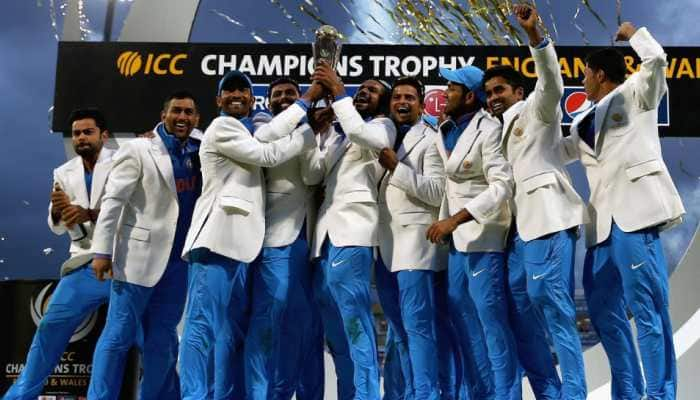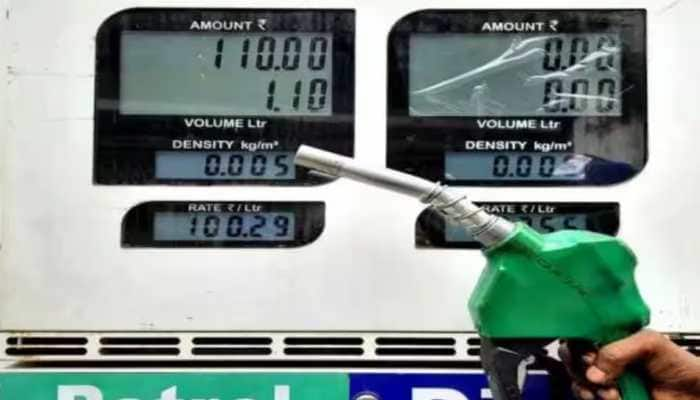India records highest spike in COVID-19 cases as tally cross 90,000 mark
India on Sunday (May 17, 2020) recorded the highest surge in COVID-19 cases with 4987 new cases recorded in the last 24 hours. The total cases mark also crossed 90,000 on Sunday and the total death toll was more than 2800.
Trending Photos
)
New Delhi: India on Sunday (May 17, 2020) recorded the highest surge in COVID-19 cases with 4987 new cases recorded in the last 24 hours. The total cases mark also crossed 90,000 on Sunday and the total death toll was more than 2800.
As per the Ministry of Health data the total cases in India stands at 90,927 which includes 53,946 active cases, 34, 108 recovered cases, 1 migrant patient, and 2,872 deaths. 120 deaths were reported in the last 24 hours.
Meanwhile, the recovery rate saw improvement as it rose to 37.51 percent. The last highest spike was recorded on Monday (May 11, 2020) with 4,213 new cases and 97 deaths.
Three states have reported over 10,000 cases so far Maharashtra being the worst hit at 30,706 infections, followed by Gujarat (10,988) and Tamil Nadu 10,585. The total confirmed cases include foreign nationals too who were tested in India.
Of the total 2,872 fatalities, Maharashtra tops the tally with 1,135 fatalities, Gujarat comes second with 625 deaths, followed by Madhya Pradesh at 243, West Bengal at 232, Delhi at 129, Rajasthan at 126, Uttar Pradesh at 104,Tamil Nadu at 74 and? Andhra Pradesh at 49.
Meanwhile, Health Ministry on Saturday said that India's 80 per cent coronavirus COVID-19 cases are from 30 municipal areas spread across 12 states, UTs and top health ministry officials held a meeting with senior officers and district magistrates from these areas. The areas are in Maharashtra, Tamil Nadu, Gujarat, Delhi, Madhya Pradesh, West Bengal, Rajasthan, Uttar Pradesh, Telangana, Andhra Pradesh, Punjab and Odisha.
In the meeting to discuss COVID-19 situation in the country it was discussed that emphasis will be given to SARI/ILI Surveillance, and more effective human resource management. It was advised that all health service providers need to be provided with adequate protective gear and communication must focus against the stigmatization of these frontline health workers. Maintenance of sanitation standards of the relief and isolation camps and waste management from the homes of COVID-19 cases was also stressed upon.
Stay informed on all the latest news, real-time breaking news updates, and follow all the important headlines in india news and world News on Zee News.
Live Tv







)
)
)
)
)
)
)
)
)
)
